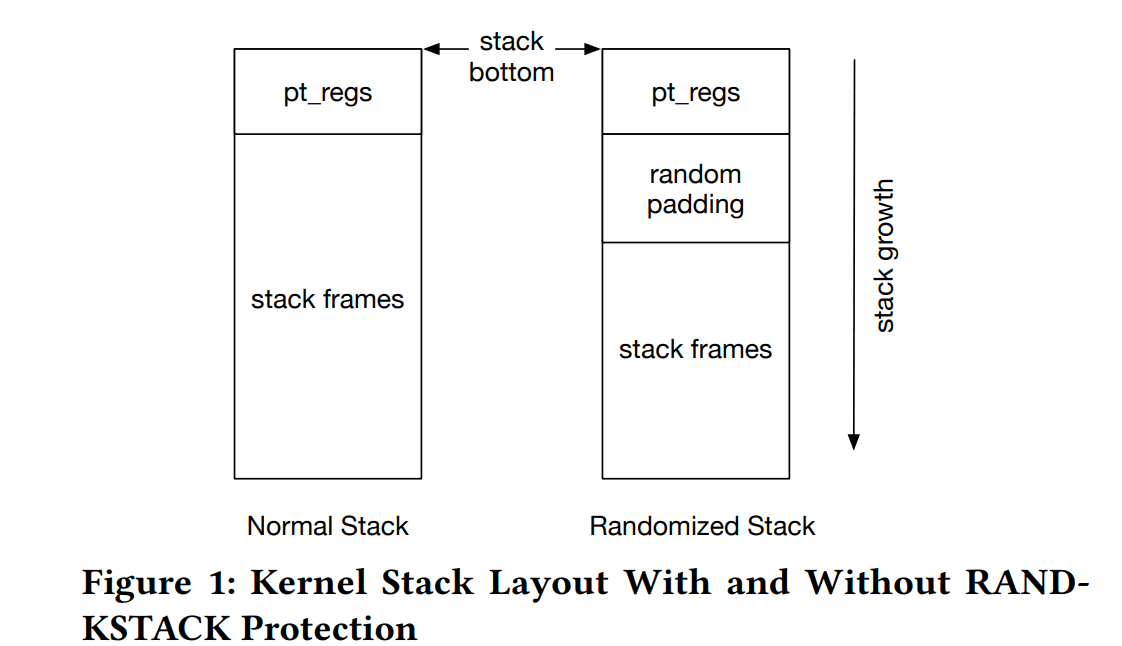Patch Alert: RetSpill Vulnerability Opens Backdoor in Millions of Linux Machines

In the dynamic realm of cybersecurity, the discovery of RetSpill marks a significant evolution in Linux kernel exploitation. This technique leverages a control flow hijacking primitive to escalate privileges, a feat increasingly challenging due to robust kernel security mitigations. RetSpill ingeniously employs user space data, already present on the kernel stack, for privilege escalation, offering a simpler yet potent alternative to complex attack methodologies.
RetSpill exploits the kernel’s habit of temporarily storing data on the stack during user-to-kernel space transitions. Researchers systematically identified common practices that spill user space data onto the kernel stack, a phenomenon within the kernel’s security framework but one that opens a new path for exploitation when combined with control flow hijacking vulnerabilities.

“It uses the fact that there are already user-controllable data readily on the kernel stack when attackers obtain CFHP (control-flow hijacking primitive). Since the kernel stack for a specific thread (task) is shared, attackers can spill controlled data on the kernel stack before hand, and use stack shifting gadgets to redirect the control-flow (when CFHP is obtained) to the controlled region to launch code-reuse attack,” the researcher wrote.
“Using clever downstream usage of this fact, a CFHP can be turned into unlimited arbitrary read/write/execute without sacrificing the exploit reliability for heap-based vulnerability. This is because we can overwrite the function pointer on heap with a stack-shifting gadget, and invoke the function pointer again and again in different task-context. Most importantly, in each invocation, the payload on stack can be different, leading to invoking different payload without manipulating the heap, thus without introducing exploit reliability degradation.”
Remarkably, RetSpill can bypass many defenses currently deployed in Linux kernels. To demonstrate its severity, researchers applied it to 22 real-world kernel vulnerabilities, successfully generating end-to-end privilege escalation exploits for 20 of them using a semi-automated tool.
Acknowledging the threat posed by RetSpill, the paper also proposes a novel defensive mechanism to mitigate its impact and elevate the bar for Linux kernel exploitation.
In summary, RetSpill stands as a testament to the continuous need for vigilance and innovation in the field of cybersecurity, representing both a breakthrough in exploitation techniques and a call to arms for the development of more resilient defensive strategies.





